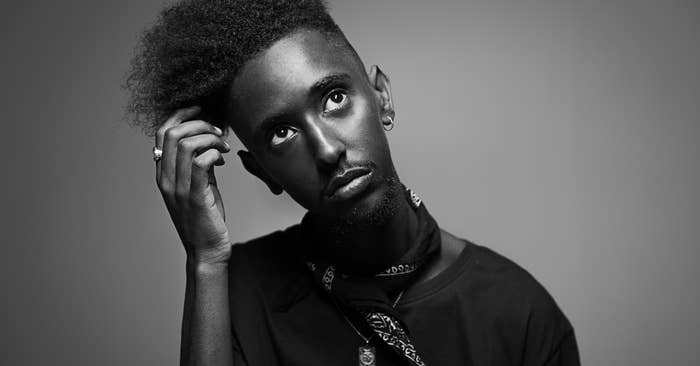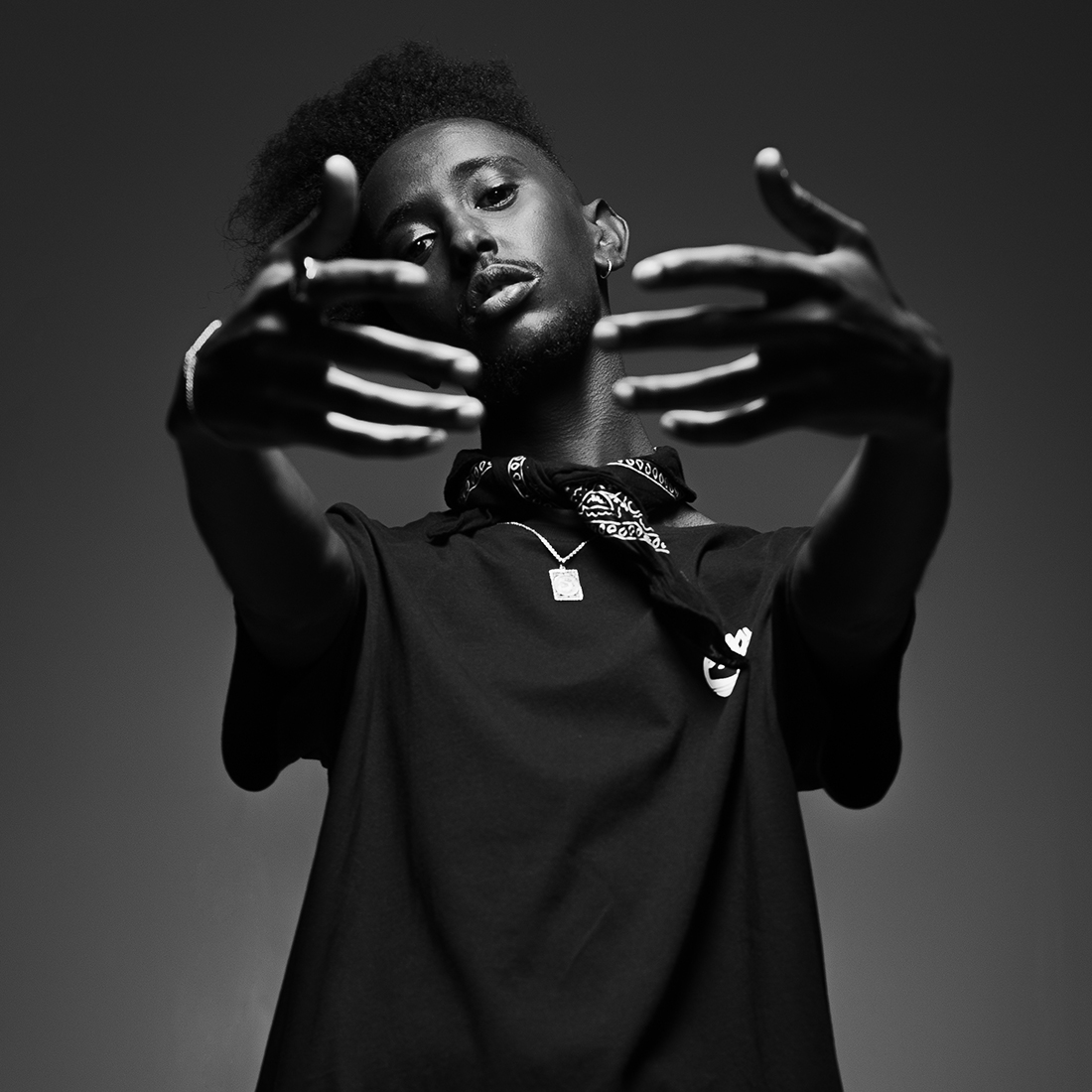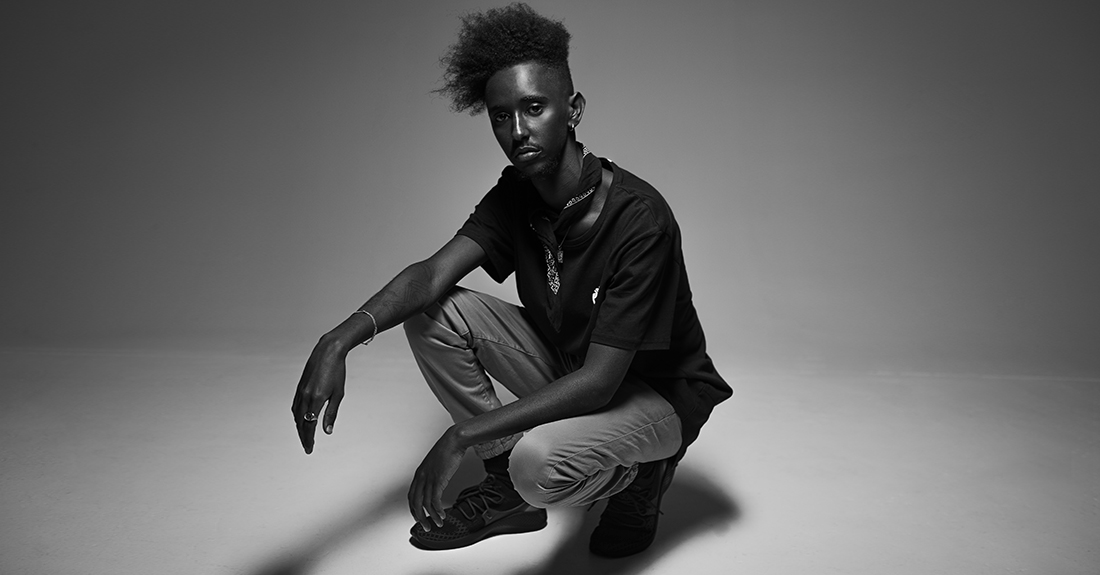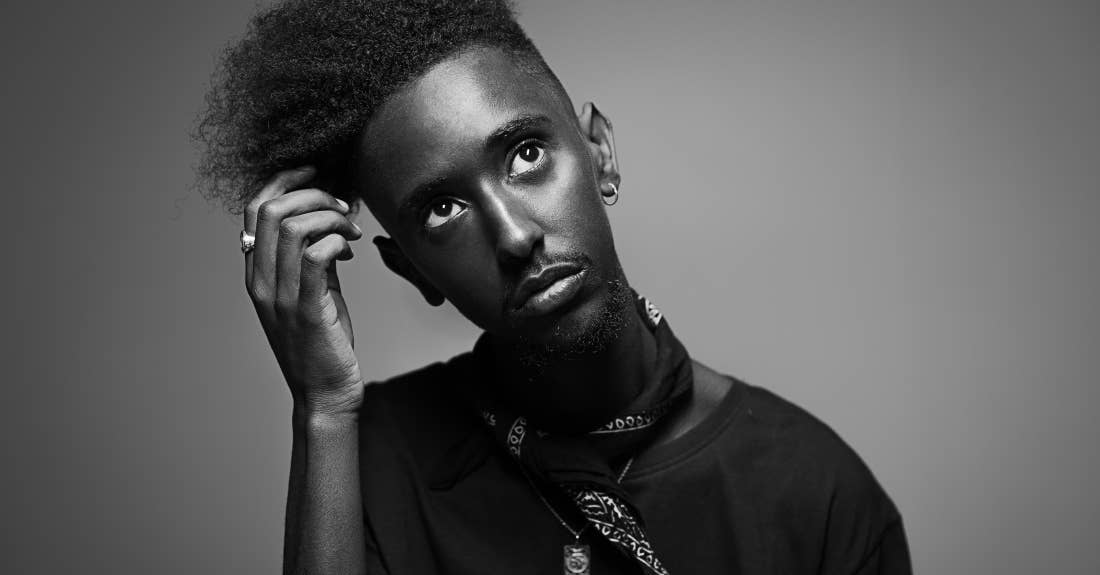
HVNCOQ represents something incredibly special in the Australian hip-hop scene, and that is evolution. He's one of the leaders of a cultural shift that has seen the closed boundaries of Australian hip-hop expand into international territories, and provide an opportunity for young talent to find their voices.
His songs like "Blackout" represent the conscious, critical thinking of Australia's multicultural youth, and set the standard for making not only the music scene but the country itself accepting, inclusive and undeniably greater. In collaboration with Timberland, we got the opportunity to sit down with HVNCOQ and get to know the calm before the storm.
From back when you were a child to now, there's obviously been a lot of growth and evolution in the way you think and feel, and in a lot of ways art is responsible for how we conduct ourselves as humans. When was the first time hip-hop and music overall made an impact on you?
The first hip-hop album I listened to was Eminem’s Encore. My dad got me a bootleg copy, and I remember sitting next to the speaker and writing down all the lyrics. Then I started taping Video Hits and rewatching it at home.
How do you think hip-hop has affected the way you’ve grown up and how you perceive the world?
Living in a country like Australia, It was really cool seeing other black people like me garner success, it felt attainable. I could picture myself as something like them, and it was good having that image in my head.
Is it a way to help you escape the problems of life, or does it help you face them?
It can be either depending on the song. If I'm listening to a turn-up song it makes me feel happy, but if I'm listening to something a little deeper by myself it makes me feel as if I'm not alone.
Who do you think you would be today if you hadn’t discovered hip-hop?
If I hadn’t discovered hip-hop I’d probably be a little ratty skater kid listening to Avril Lavigne (laughs).
When was the first time you knew you could be a rapper?
This is going to be a weird answer, but seeing Soulja Boy blow up was a really big moment for me. Rap was super masculine at the time and full of huge dudes like 50 Cent, and seeing a skinny black dude like Soulja Boy make it was really inspiring to me. I didn't really start making music then, but it influenced me to try.
It wasn’t until my dance phase when I started making music. A bunch of the dance crews I looked up to started making music, so I said ‘fuck it’ and tore up my wardrobe and put a microphone in it.
What do you remember about recording your first song, and the feeling that it gave you?
I remember thinking it was trash, but also exciting. Because a few songs later, you start to hear yourself get better, and you begin to think that it’s okay. The hardest part when you first start making music is finding your voice.


Is it the person who makes the clothes fly, or the clothes that make the person fly?
The person for sure. I’ve seen some of the most expensive fits look wack while I’ve seen $10 dollar shirts and some good shoes look fire.
What do you think the importance of clothing is in the world?
It’s everything. It’s the way you can make a statement without saying anything. People are going to judge you by how you look before you even speak, so it can be really important.
When I think rap music, there’s a slew of brands that represent the history and the culture, and one of those brands is Timberland. As an artist and a music connoisseur, what do you think Timberland represents in hip-hop?
Timberland represents origin. I think of artists like Jodeci and Tupac when I think of Timberland, and they basically represent how and where hip-hop started.
What’s next for you? What is your end goal in this journey that is hip-hop?
There’s never an end goal in music. Music is therapy. As far as the future goes I just want to travel around the world playing shows and collaborating. I don’t really ever see this stopping.
How do you think you can, and want to evolve not only as an artist but as a person?
I'd like to be way more self-disciplined. I just want to stay happy, stay working and stay disciplined and everything else should fall into place.
This interview was created in partnership with Timberland. All pieces, including the Flyroam Go, are available now.


